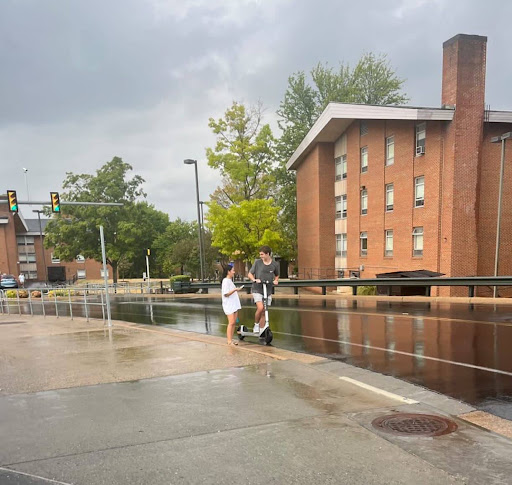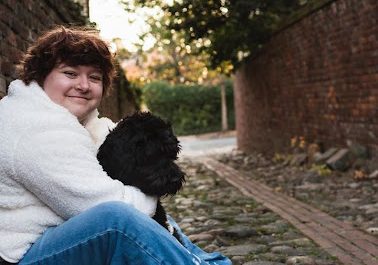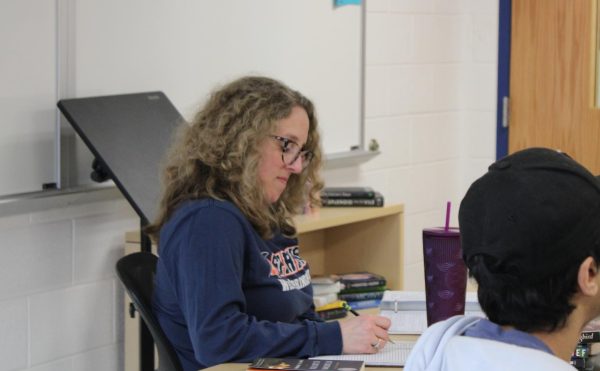East African seniors connect to colleges
Photo courtesy of Alaa Elhiraika
Students in the IEA program toured several universities and had the opportunity to meet with school representatives, who discussed college life and what their respective schools offer. These tours are one of many services that the program provides East African students applying to college.
As yet another college application season comes to a close, some seniors are reflecting on their experiences in a college-prep program that helps them navigate the process. The non-profit program, Institute for East Africa Councils (IEA), is one of these programs.
Founded in 2016, IEA connects East African students to colleges and scholarships. IEA aims to assist East African immigrant and first generation immigrant students who may need access to the necessary resources that prepare them for post-secondary education.
“Growing up as an immigrant, you don’t have knowledge of the things that would help you transition [into college],” said senior Alaa Elhiraika, who participated in the program. “I feel like these programs help level the playing field and give everyone an equal chance.”
IEA helps prospective students choose colleges, equips them with information about financial aid and admissions, and develops their college application essays. Members of IEA’s 2023 cohort also had the opportunity to visit several top universities, including Tufts University, Brown University, Boston College, and Yale University.
“It definitely has opened my eyes to different types of colleges,” said senior Laela Dayan, who was also part of the IEA program. “There are specific colleges that I thought, ‘oh, I’m not going to like it’ and ended up liking.”
With IEA, students get opportunities to connect directly with colleges. College counselors, alumni, and representatives speak with students, providing them with first-hand knowledge about the schools they’re considering.
These programs aren’t easy to come by, mainly because they’re hard to find on the Internet. People thus might feel stuck because of the seemingly limited resources.
“In public schools, it’s really difficult to find things like this. If my friend never told me [about IEA], I never would’ve found it. I think there definitely needs to be a bit more of a push for these types of things. If you don’t have connections, it’s kind of unfair that you’d never be able to know about it,” said Elhiraika.
Of course, IEA isn’t the only program serving as a guiding hand through the daunting college application process. WS’s College Partnership Program, as well as nationwide programs like Questbridge, are just some of the many resources available to those who don’t have the same types of connections that many wealthier or well-established families might have.
“I think it’s just important for everyone to be given the resources to do the best that they can so they’re able to see their options in life,” said Dayan. “Whether you go to college or not, it’s important to know what opportunities you have.”
Beyond research and reaching out to counselors for help, finding resources like IEA comes down to thinking about college applications early. Doing so can open doors to a wider range of scholarships, extracurriculars, and prep programs, helping students get into their desired colleges.
“Don’t procrastinate. I know it may seem like you have time, but you’re going to want to use that time,” said Dayan.






